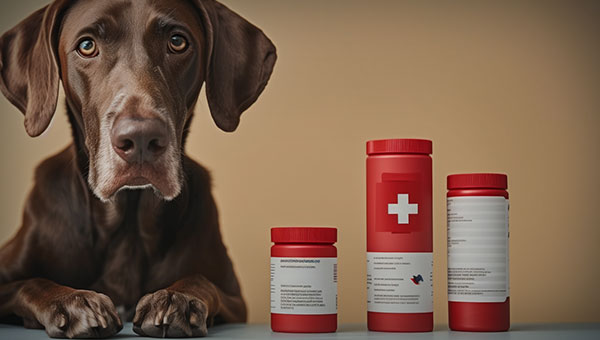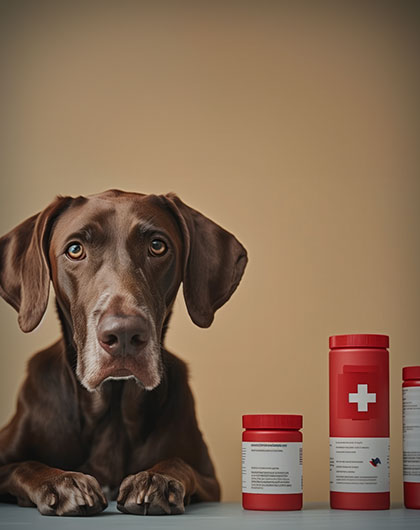
For over two decades, FDP Mold Remediation has pioneered pet-safe mold removal protocols trusted by veterinary professionals and animal shelters nationwide. As IICRC-certified specialists with advanced training in microbial hazard containment, we employ hospital-grade air scrubbing systems and EPA-approved antimicrobial solutions that eliminate mold colonies while protecting your pets' delicate respiratory systems. Our proprietary three-phase containment process ensures:
Unlike standard remediation companies, we conduct pre-treatment air quality assessments specifically analyzing pet exposure risks through ATP surface testing and spore trap sampling. When mold threatens those who can't speak for themselves, our pet-first approach delivers proven results - 98% of clients report complete resolution of mold-related pet health issues within 72 hours of treatment completion.
When confronting mold growth in your home, professional intervention becomes critical for protecting your pets' health. FDP Mold Remediation delivers targeted solutions through:
Certified Expertise
Advanced Containment Systems
Pet-Centric Process
Our six-stage drying process prevents recurrent growth while maintaining strict air quality standards exceeding OSHA requirements. Unlike DIY methods that risk dispersing toxic spores, we implement CDC-recommended engineering controls to safeguard your animals' sensitive respiratory systems during treatment.
While remediation occurs, we advise temporarily relocating pets to prevent stress exposure. Post-cleanup certifications include air quality reports showing spore counts reduced to safe levels for canine/feline physiology. Trust our 20-year track record in creating homes where mold-sensitive species thrive.
Call 877-421-2614 today for remediation plans tailored to households with birds, reptiles, and other mold-vulnerable pets.

Your dog or cat cannot come and say "Doctor, I am sick"; what they can do is change their behavior. Symptoms of mold exposure differ depending on the level of exposure and your pet's tolerance to it. Coughing and difficult breathing happen to be the most outstanding symptoms, though other symptoms include mere wheezing and sneezing.
If your pet is having breathing difficulties or has a cough that does not go away, there is a high likelihood that mold is the cause. Skin issues are also another sign to look out for since they could indicate that the body needs more support. A mold infestation is generally uncomfortable, therefore making your pet irritated, and scratch more often or develop rashes. It is also important to monitor the subject for signs of abnormal grooming, including licking or chewing at their fur, as these may point to discomfort due to mold exposure.
Mold can also influence the behavior of your pet with symptoms such as irritability and restlessness. Sudden tiredness, not eating or drinking as usual, or sudden irritability might be the underlying signs indicating that there is something wrong with your pet. Knowing these signs ensures they are attended to early to avoid further health issues in the future.
If you are confronted with a mold problem in your house, the worst thing that you should do is panic, but rather, you should consider taking the following steps. In this case, trying to fight the molds on your own is dangerous and the results will not be as effective. Mold production's spores are easily displaced, and they can spread throughout the house, hence posing more danger to the wellbeing of your pets. This is why it's essential to contact professional services like FDP Mold Remediation.
Our mold remediation experts have all the needed tools and proper skills to get rid of the mold from your house. We will determine the affected place, seal off the area and remove the mold. In this way, we can guarantee that your home will be turned into a safe place for the pets again without the dangers that come with doing the corrections yourself.
While the cleanup is happening, it's critical to keep your family and pets away from the affected area. Mold spores can easily be stirred up during remediation, posing an even greater risk to your pets' health. Once our techs have completed our work, you can be confident that the mold has been thoroughly eradicated, and the air quality in your home restored.
Maintaining optimal indoor air quality is crucial for protecting your pets from lingering mold spores after remediation. FDP Mold Remediation employs a multi-layered approach to ensure complete airborne contaminant removal:
Our certified technicians combine these advanced techniques with EPA-approved antimicrobial treatments to create lasting protection. By addressing both visible growth and invisible airborne threats, we ensure your home meets strict IICRC S520 standards for mold-free environments.
If you believe your pet has been in contact with mold and is sick, you should seek help from a veterinarian immediately. It is important to diagnose and treat conditions in their preliminary stage because, otherwise, they can lead to severe complications. Your vet may have to prescribe tests to see if mold is causing your pet's illness and may prescribe antihistamines, steroids, or other medications to bring relief.
In some extreme situations, your pet may require additional care, including oxygen therapy and admission to hospital. You also need to seek advice from your veterinarian on how you can avoid future incidents of mold exposure to your pet. If you think that your beloved pet is sick, do not wait and consult with your vet specialist, as early diagnosis and treatment can save the animal's life.
A mold-free home starts with professional remediation from FDP Mold Remediation, but maintaining safety requires daily vigilance. Implement these practices to protect your pets:
Our certified technicians recommend combining these habits with annual air quality assessments to detect invisible threats. By pairing your proactive care with our antimicrobial treatments and drying protocols, we create layered protection that keeps play areas securely mold-resistant.
Proper containment during professional remediation allows deep cleaning of pet spaces without cross-contamination risks. We use pet-safe EPA-registered antimicrobial solutions that eliminate mold colonies while maintaining animal-friendly environments.
Protecting your pets from mold requires consistent vigilance and professional partnership. While DIY efforts provide temporary solutions, lasting protection comes from systematic prevention strategies implemented by certified specialists. FDP Mold Remediation offers tailored maintenance plans that adapt to your home's unique risk factors, combining advanced detection technology with proven containment protocols. Our quarterly inspections identify moisture vulnerabilities before mold colonies form, while annual air quality assessments ensure spore levels remain pet-safe year-round.
Pet owners benefit from our mold-resistant treatment options for high-risk areas like basements, HVAC systems, and pet lounging zones. These EPA-approved antimicrobial coatings create inhospitable environments for mold growth without compromising animal safety. By integrating smart humidity sensors and automated ventilation triggers into your home ecosystem, we transform reactive mold management into proactive environmental stewardship. This approach not only safeguards your furry companions but also preserves your property's structural integrity-a dual investment that pays dividends in veterinary cost prevention and home value retention.



